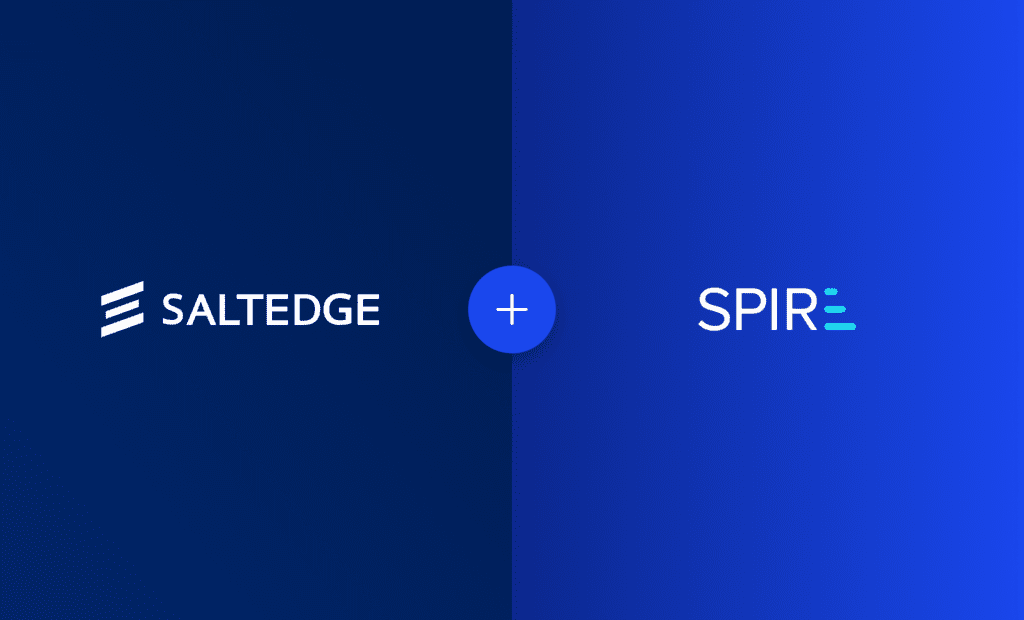
The Central Bank of Bahrain (CBB) has updated its open banking framework, mandating all licensed banks to expose APIs for corporate accounts. The amendments also require obtaining customer consent and authentication, licensee disclosures, and reporting API performance by service providers.
Bahrain, the first country in the Middle East to introduce open banking, launched its open banking framework (OBF) in October 2020, following the initial set of rules released in December 2018. The new amendments are set to bring legal entities in line with the existing open banking framework.
Under the new regulations, banks must now allow account information service providers (AISPs) and payment initiation service providers (PISPs) access to account information for legal entities after securing their consent. AISPs and PISPs must collaborate with banks to establish standard API specifications and operational guidelines based on Bahrain’s Open Banking Framework.
Introducing corporate banking APIs will allow third-party service providers (TPPs) to create new, business-aligned products and solutions such as advanced financial management tools, automated payment solutions, and data-driven insights. Moreover, it will allow SMEs easier access to financing solutions by enabling fintech companies to provide personalised credit solutions based on more accurate data assessments.
Aamir Janjua, co-founder & deputy CEO at Spire, said, “Spire, together with Salt Edge, is thrilled to support Bahrain’s ambitious open banking journey. By helping banks to extend open banking to corporate accounts, we’re empowering businesses to streamline operations, improve financial management, and unlock new growth opportunities. This is a significant step towards a more inclusive and innovative financial ecosystem in the Kingdom of Bahrain. Our Open Banking Compliance Hub is a strategic solution for Bahraini banks.
The Payments Association
St Clement’s House
27 Clements Lane
London EC4N 7AE
© Copyright 2024 The Payments Association. All Rights Reserved. The Payments Association is the trading name of Emerging Payments Ventures Limited.
Emerging Ventures Limited t/a The Payments Association; Registered in England and Wales, Company Number 06672728; VAT no. 938829859; Registered office address St. Clement’s House, 27 Clements Lane, London, England, EC4N 7AE.







Log in to access complimentary passes or discounts and access exclusive content as part of your membership. An auto-login link will be sent directly to your email.
We use an auto-login link to ensure optimum security for your members hub. Simply enter your professional work e-mail address into the input area and you’ll receive a link to directly access your account.
Instead of using passwords, we e-mail you a link to log in to the site. This allows us to automatically verify you and apply member benefits based on your e-mail domain name.
Please click the button below which relates to the issue you’re having.
Sometimes our e-mails end up in spam. Make sure to check your spam folder for e-mails from The Payments Association
Most modern e-mail clients now separate e-mails into different tabs. For example, Outlook has an “Other” tab, and Gmail has tabs for different types of e-mails, such as promotional.
For security reasons the link will expire after 60 minutes. Try submitting the login form again and wait a few seconds for the e-mail to arrive.
The link will only work one time – once it’s been clicked, the link won’t log you in again. Instead, you’ll need to go back to the login screen and generate a new link.
Make sure you’re clicking the link on the most recent e-mail that’s been sent to you. We recommend deleting the e-mail once you’ve clicked the link.
Some security systems will automatically click on links in e-mails to check for phishing, malware, viruses and other malicious threats. If these have been clicked, it won’t work when you try to click on the link.
For security reasons, e-mail address changes can only be complete by your Member Engagement Manager. Please contact the team directly for further help.